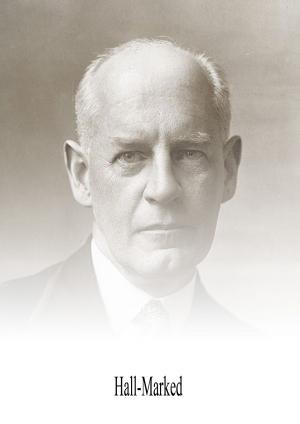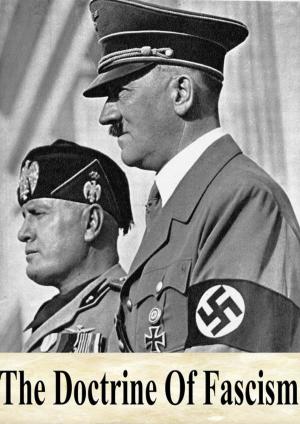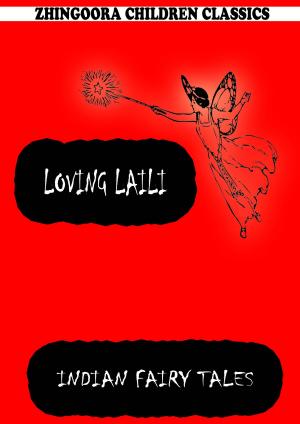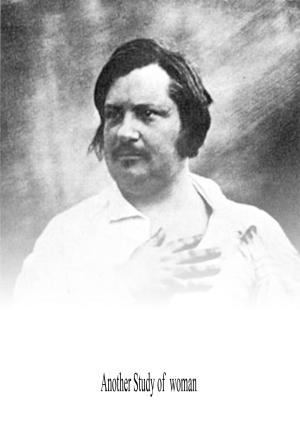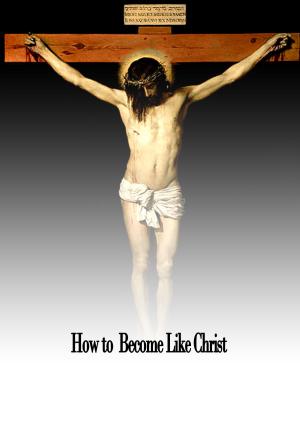| Author: | Ivan Turgenev | ISBN: | 1230000034787 |
| Publisher: | Zhingoora Books | Publication: | December 1, 2012 |
| Imprint: | Language: | English |
| Author: | Ivan Turgenev |
| ISBN: | 1230000034787 |
| Publisher: | Zhingoora Books |
| Publication: | December 1, 2012 |
| Imprint: | |
| Language: | English |
Christmas Summary Classics
This series contains summary of Classic books such as Emma, Arne, Arabian Nights, Pride and prejudice, Tower of London, Wealth of Nations etc. Each book is specially crafted after reading complete book in less than 30 pages. One who wants to get joy of book reading especially in very less time can go for it.
A Nest of Nobles
"A Nest of Nobles" ("Dvorianskoe Gniezdo"), published in 1858, brought Turgenev a European reputation. Of all his novels, "A Nest of Nobles" is probably the best. It has all the love of detail that is peculiar to the Slavonic mind, a trait which is largely responsible for that feeling of pessimism that pervades the writings of all those who have listened to the "still, sad music of humanity." Yet Turgenev is not typical of that Russian school of novelists of which Tolstoy and Gorki are distinguished examples; rather he belongs to the school of Thackeray, George Eliot, and Dickens.
Christmas Summary Classics
This series contains summary of Classic books such as Emma, Arne, Arabian Nights, Pride and prejudice, Tower of London, Wealth of Nations etc. Each book is specially crafted after reading complete book in less than 30 pages. One who wants to get joy of book reading especially in very less time can go for it.
A Nest of Nobles
"A Nest of Nobles" ("Dvorianskoe Gniezdo"), published in 1858, brought Turgenev a European reputation. Of all his novels, "A Nest of Nobles" is probably the best. It has all the love of detail that is peculiar to the Slavonic mind, a trait which is largely responsible for that feeling of pessimism that pervades the writings of all those who have listened to the "still, sad music of humanity." Yet Turgenev is not typical of that Russian school of novelists of which Tolstoy and Gorki are distinguished examples; rather he belongs to the school of Thackeray, George Eliot, and Dickens.
![Cover of the book A Nest of Nobles [Christmas Summary Classics] by Ivan Turgenev, Zhingoora Books](https://www.kuoky.com/images/2012/december/500x500/1230000034787-CKx1_500x.jpg)

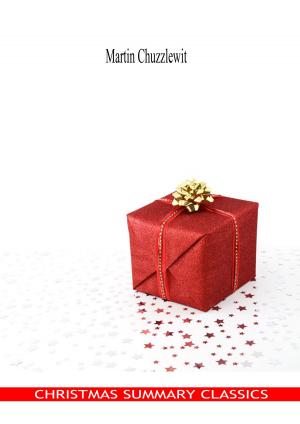
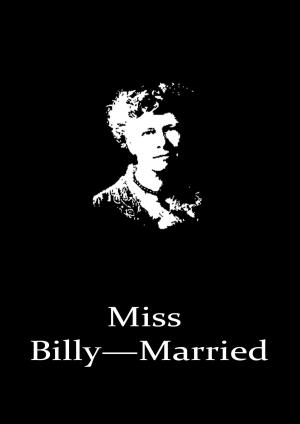
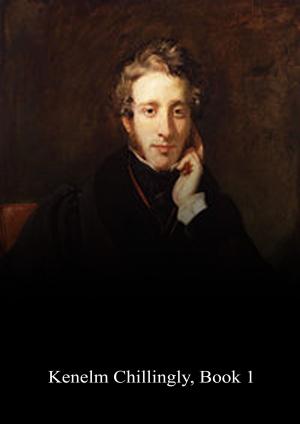
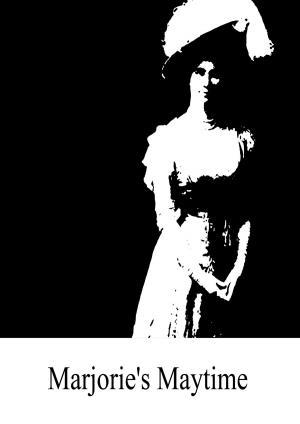
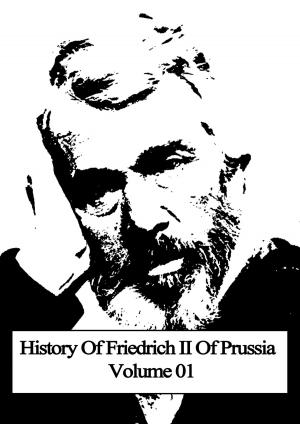
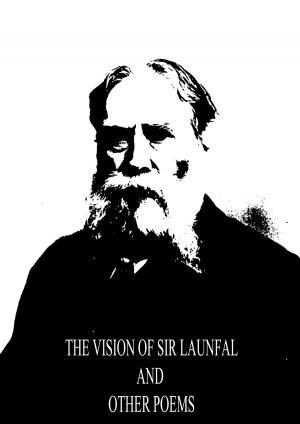
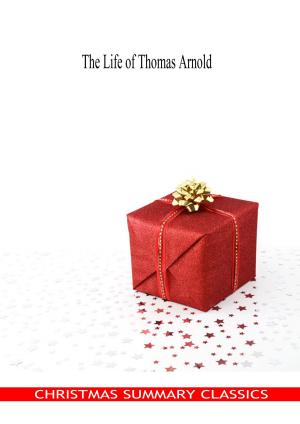
![Cover of the book Zoological Philosophy [Christmas Summary Classics] by Ivan Turgenev](https://www.kuoky.com/images/2012/december/300x300/1230000036271-nnzQ_300x.jpg)
